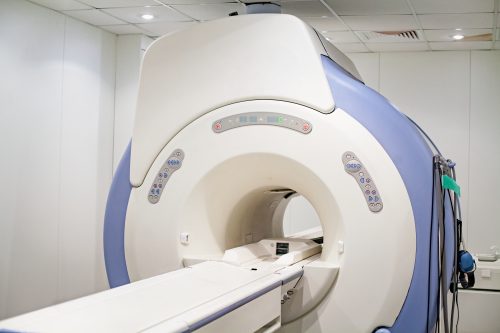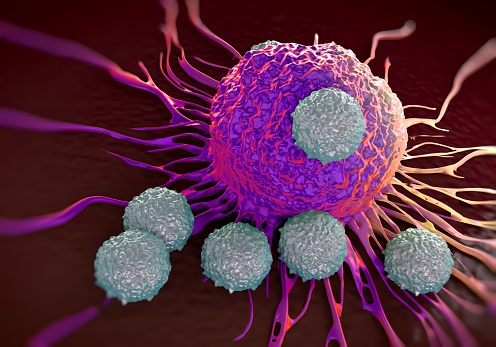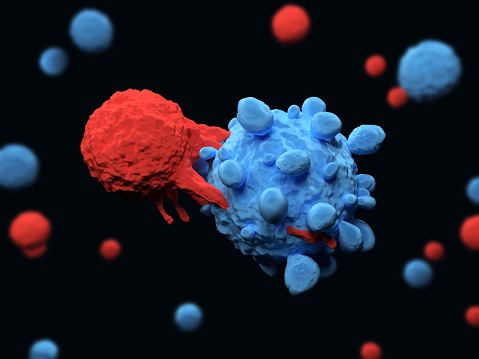
Addition of Apalutamide to ADT Improves Survival in Castration-Resistant Prostate Cancer
In previously reported data from the randomized, placebo-controlled, phase III SPARTAN study, researchers found that the addition of apalutamide to ongoing androgen deprivation therapy (ADT) improved metastasis-free survival (MFS) by more than two years in patients with high-risk non-metastatic castration-resistant prostate cancer and prostate-specific antigen doubling time of 10 months or less. The addition of apalutamide also reduced the risk of symptomatic progression by 55% and increased second progression-free survival (PFS2; time from randomization to disease progression on first subsequent anticancer treatment or death).
Lenalidomide Improves Survival in Smoldering MM Compared with Observation
The standard of care for smoldering multiple myeloma (SMM), a precursor to MM, is observation. However, a 2015 study published in The New England Journal of Medicinesuggests that lenalidomide plus dexamethasone improves time to progression of MM and overall survival (OS) for patients with high-risk SMM compared with observation. However, the study had some limitations that weakened the adoption of this regimen as standard of care: Patients were not screened with advanced imaging techniques, it used a definition of high-risk disease that is not routinely available, and combination therapy limited the ability to isolate the effect of lenalidomide.
Diet Impacts Breast Cancer Mortality in Postmenopausal Women
Research presented at the 2019 ASCO Annual Meeting found that a balanced, low-fat diet significantly lowers the risk of breast cancer mortality in postmenopausal women.
The randomized, controlled Women’s Health Initiative Dietary Modification clinical trial was conducted at 40 U.S. centers and included 48,835 postmenopausal women who were 50 to 79 years. Participants did not previously have breast cancer, and they had a dietary fat intake of ≥32% of total daily calories.
Between 1993 and 1998, women were randomized to a usual diet comparison group (60%) or dietary intervention group (40%) that aimed to reduce fat intake to 20% of daily calories and increase the intake of vegetables, fruits, and grains.
Entrectinib Produces Response in Children with Refractory CNS Tumors
Entrectinib is a central nervous system (CNS)-penetrant oral inhibitor of tropomyosin receptor kinase (TRK), ROS1, and anaplastic lymphoma kinase (ALK) tyrosine kinases. Research presented at the 2019 ASCO Annual Meeting found that first-line use of entrectinib in children with refractory CNS and solid tumors harboring NTRK1/2/3, ROS1, or ALK fusions “produced striking, rapid, and durable responses.”
The open-label, dose-escalation, phase I/II STARTRK-NG study included patients ≤20 years with recurrent/refractory solid tumors. Researchers determined a recommended dose in each patient and enrolled disease-specific expansion cohorts of CNS and solid tumors harboring target aberrations in NTRK1/2/3, ROS1, or ALK and neuroblastoma (NBL), regardless of mutation spectrum.







 © 2025 Mashup Media, LLC, a Formedics Property. All Rights Reserved.
© 2025 Mashup Media, LLC, a Formedics Property. All Rights Reserved.